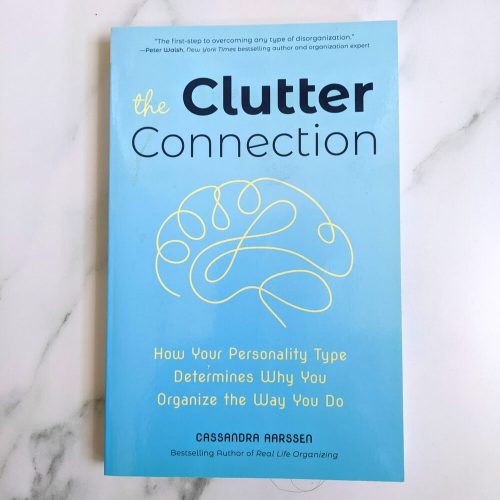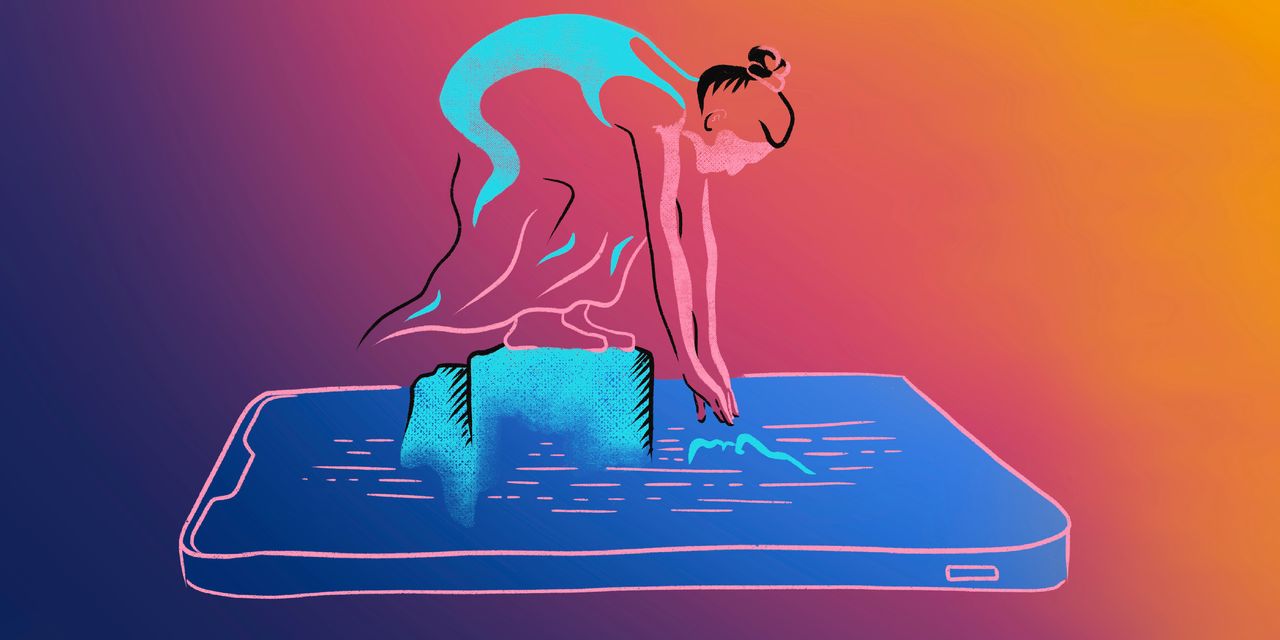Understanding And Managing Adult ADHD: A Practical Guide

Table of Contents
Recognizing the Signs of Adult ADHD
Recognizing the symptoms of Adult ADHD is the first crucial step towards effective management. While symptoms often manifest differently in adults than in children, the core challenges remain.
Common Symptoms in Adults
Adult ADHD symptoms often present as difficulties in several key areas:
-
Difficulty focusing and maintaining attention: This can manifest as trouble concentrating on tasks, easily getting distracted, and struggling to complete projects. This can lead to significant challenges at work, school, or in personal relationships. The inability to sustain attention impacts productivity and can lead to feelings of frustration and inadequacy.
-
Impulsivity and difficulty controlling emotions: Adults with ADHD may struggle with impulsive behaviors, such as interrupting conversations, making rash decisions, or engaging in risky behaviors. Emotional regulation can be challenging, leading to outbursts of anger, frustration, or sadness. This can strain relationships and create difficulties in social and professional settings.
-
Hyperactivity, restlessness, or excessive fidgeting (though less prominent than in childhood): While the hyperactivity often associated with childhood ADHD may lessen in adulthood, restlessness and an internal sense of "being wired" are common. This can present as difficulty sitting still, pacing, or constantly needing to be doing something.
-
Problems with organization and time management: This is a hallmark symptom of Adult ADHD. Struggling to prioritize tasks, meet deadlines, and manage time effectively can lead to significant stress and feelings of overwhelm. Procrastination is a common consequence.
-
Forgetfulness and difficulty with planning: Adults with ADHD frequently experience forgetfulness, misplacing items, and struggling to plan ahead. This can affect daily life and lead to missed appointments, forgotten responsibilities, and feelings of incompetence.
Differentiating ADHD from Other Conditions
It's crucial to remember that Adult ADHD symptoms can overlap with other conditions such as anxiety, depression, and even autism spectrum disorder. This makes self-diagnosis unreliable and emphasizes the importance of professional evaluation.
-
Rule out other potential causes through comprehensive evaluation: A thorough assessment by a healthcare professional is essential to rule out other potential underlying conditions. This often involves a detailed medical history, a clinical interview, and possibly neuropsychological testing.
-
Discuss the comorbidity of ADHD with other mental health conditions: ADHD frequently co-occurs with other mental health conditions. A comprehensive diagnosis considers these comorbidities for a holistic treatment plan. Anxiety and depression, for example, are commonly associated with ADHD.
-
Stress the significance of seeking a professional assessment: Self-diagnosis can be misleading and delay appropriate treatment. A psychiatrist or psychologist specializing in ADHD can provide an accurate diagnosis and recommend the most effective treatment plan.
Seeking Diagnosis and Treatment for Adult ADHD
Getting a proper diagnosis and treatment is vital for managing Adult ADHD effectively.
The Diagnostic Process
The diagnostic process typically involves several steps:
-
Self-assessment tools and questionnaires: These tools, like the Adult ADHD Self-Report Scale (ASRS), can help provide preliminary insights but should not be considered a definitive diagnosis.
-
Clinical interviews with a psychiatrist or psychologist: A thorough interview will explore your history, symptoms, and the impact of your challenges on your daily life.
-
Neuropsychological testing (if necessary): In some cases, neuropsychological testing may be recommended to assess cognitive function and rule out other conditions.
Treatment Options for Adult ADHD
Several treatment approaches are available for managing Adult ADHD symptoms:
-
Medication (stimulants and non-stimulants): Stimulant medications like methylphenidate and amphetamine are commonly prescribed to improve focus and attention. Non-stimulant options are also available for individuals who don't respond well to stimulants or experience significant side effects. Side effects vary depending on the medication and the individual. It's crucial to discuss potential side effects with your healthcare provider.
-
Therapy (CBT, behavioral therapy): Cognitive Behavioral Therapy (CBT) and other behavioral therapies can teach coping mechanisms for managing impulsivity, improving organization, and developing better time management skills. These therapies focus on identifying and changing negative thought patterns and behaviors.
-
Lifestyle changes (diet, exercise, sleep hygiene): Adopting a healthy lifestyle, including regular exercise, a balanced diet, and sufficient sleep, can significantly improve ADHD symptoms and overall well-being. These lifestyle modifications support brain function and improve mood regulation.
Developing Effective Coping Strategies for Adult ADHD
Developing and implementing effective coping strategies is crucial for managing the daily challenges of Adult ADHD.
Time Management Techniques
Improving time management skills is essential:
-
Prioritization techniques (Eisenhower Matrix): The Eisenhower Matrix (urgent/important) helps prioritize tasks and focus on what truly matters.
-
Breaking down tasks into smaller, manageable steps: Large tasks can feel overwhelming. Breaking them into smaller, more achievable steps makes progress less daunting.
-
Utilizing scheduling tools and apps: Calendars, to-do lists, and reminder apps can help stay organized and on track.
Organization Strategies
Effective organizational strategies can greatly improve daily functioning:
-
Organizing workspaces and living environments: A clutter-free environment reduces distractions and promotes focus.
-
Utilizing visual aids and reminders: Visual cues like sticky notes, color-coded systems, or whiteboards can aid memory and organization.
-
Employing organizational tools and systems: Utilizing filing systems, planners, or digital organizational tools can significantly improve efficiency.
Mindfulness and Stress Management
Reducing stress and improving focus through mindfulness techniques is beneficial:
-
Mindfulness meditation: Regular meditation practices can improve attention span and reduce stress levels.
-
Yoga and other relaxation techniques: Yoga, deep breathing exercises, and other relaxation techniques can help manage stress and improve emotional regulation.
-
Stress reduction strategies: Identifying and managing stressors is critical. This may involve setting boundaries, delegating tasks, or seeking support.
Supporting Individuals with Adult ADHD
Support is vital for individuals with Adult ADHD and their loved ones.
Support Groups and Communities
Connecting with others who understand the challenges of Adult ADHD can be incredibly beneficial:
-
Finding local or online support groups: Support groups provide a safe space to share experiences, learn coping strategies, and connect with others facing similar challenges.
-
Sharing experiences and coping strategies: Learning from others' experiences and strategies can provide valuable insights and support.
Educating Family and Friends
Educating family and friends about Adult ADHD fosters understanding and support:
-
Understanding the challenges of ADHD: Educating loved ones about the neurobiological basis of ADHD helps them understand the difficulties faced by individuals with the condition.
-
Offering patience and understanding: Patience and understanding are crucial for supporting someone with ADHD.
-
Encouraging positive self-talk and self-care: Encouraging positive self-perception and self-care practices can help individuals with ADHD build resilience and manage their condition more effectively.
Conclusion
Understanding and managing Adult ADHD is an ongoing process that requires self-awareness, professional guidance, and a commitment to developing effective coping strategies. By recognizing the signs, seeking appropriate diagnosis and treatment, and implementing practical strategies for time management, organization, and stress reduction, individuals with Adult ADHD can significantly improve their quality of life. Remember, you are not alone. Seek professional help and utilize the resources available to you to effectively manage your Adult ADHD and live a fulfilling life. Don't hesitate to take the first step towards better understanding and managing your Adult ADHD today.

Featured Posts
-
 Jeff Goldblum On Altering The Flys Ending A Behind The Scenes Look
Apr 29, 2025
Jeff Goldblum On Altering The Flys Ending A Behind The Scenes Look
Apr 29, 2025 -
 Cardinals Conviction And Papal Conclave Voting Eligibility
Apr 29, 2025
Cardinals Conviction And Papal Conclave Voting Eligibility
Apr 29, 2025 -
 Convicted Cardinal Claims Entitlement To Vote For Next Pope
Apr 29, 2025
Convicted Cardinal Claims Entitlement To Vote For Next Pope
Apr 29, 2025 -
 Du Val Founder Kenyon Clarke Detained After Auckland Altercation
Apr 29, 2025
Du Val Founder Kenyon Clarke Detained After Auckland Altercation
Apr 29, 2025 -
 Is Tik Tok Making You Think You Have Adhd A Critical Look
Apr 29, 2025
Is Tik Tok Making You Think You Have Adhd A Critical Look
Apr 29, 2025
